This engineered genome will help experts tailor organisms to fit the needs of their ever-changing environments.
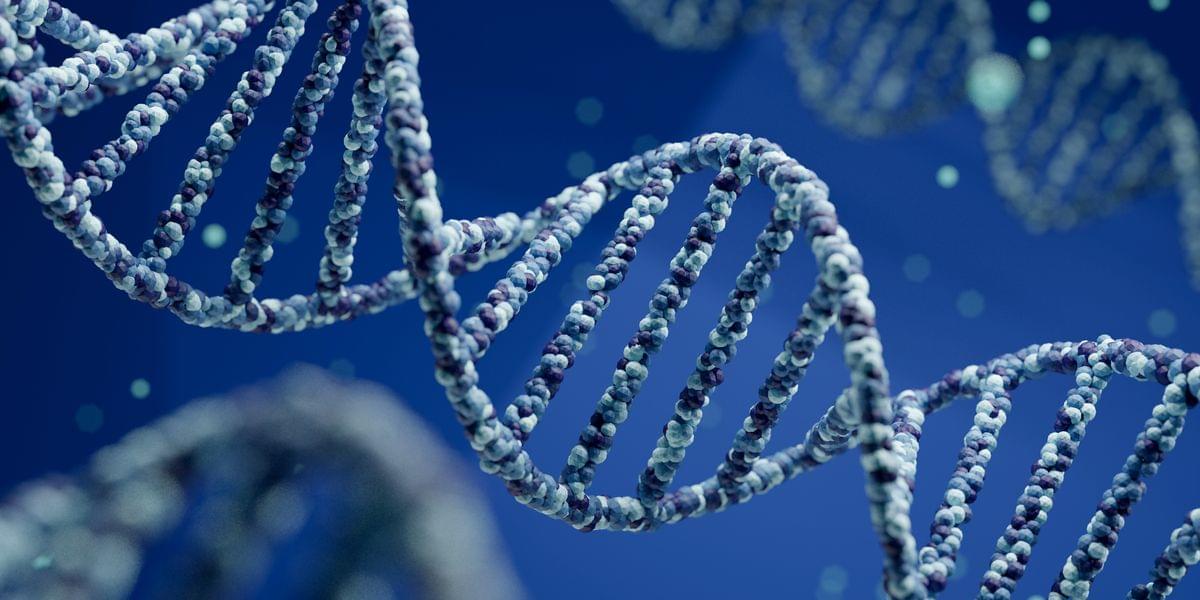

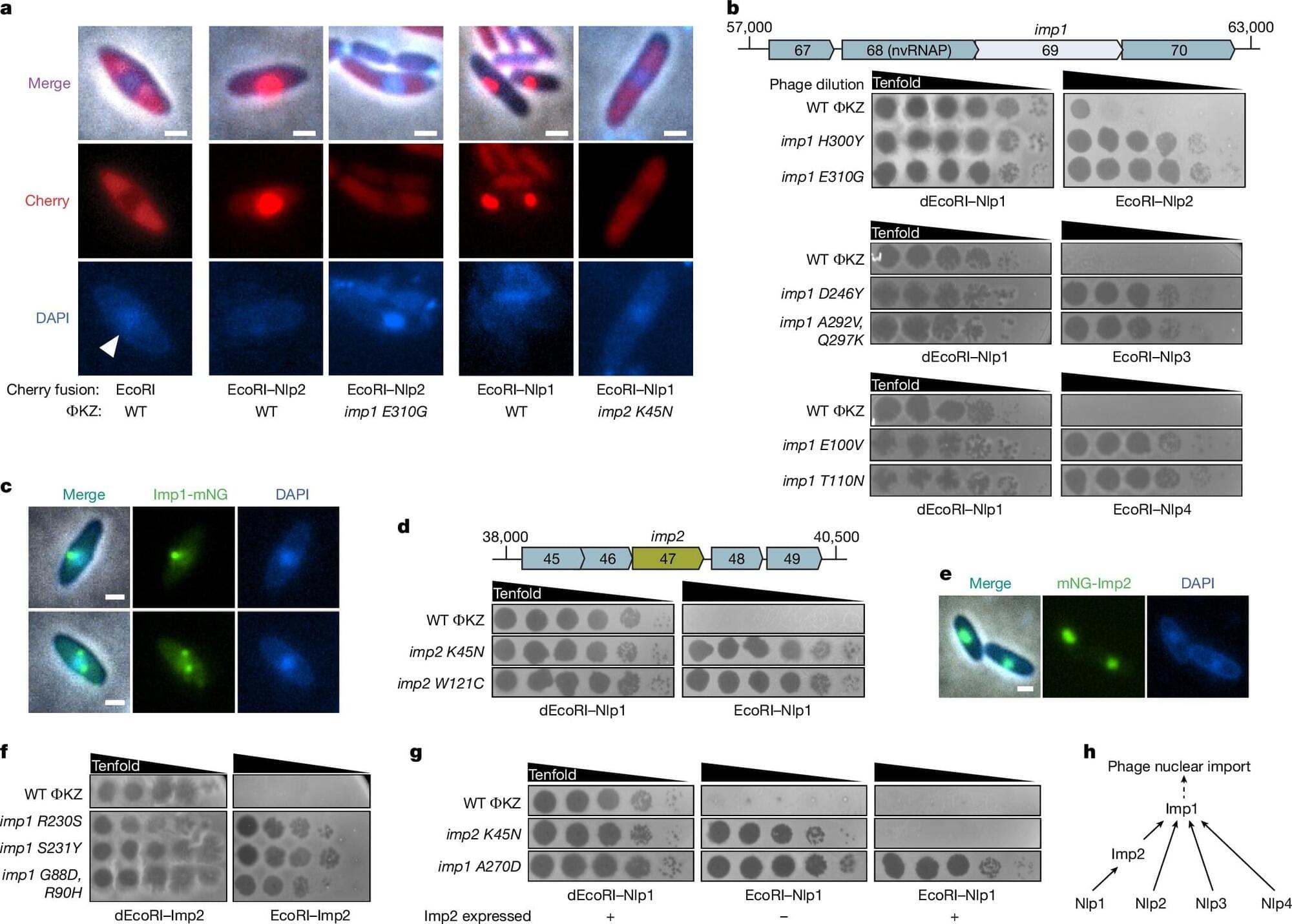
Phages are viruses that attack bacteria by injecting their DNA, then usurping bacterial machinery to reproduce. Eventually, they make so many copies of themselves that the bacteria burst. By looking at this process in a unique type of virus called a jumbo phage, scientists hope to learn how to make new antibiotics that can address the growing crisis of resistance.
The jumbo phage has more than four times the DNA of an average phage. It uses this genetic material to create a restricted space inside bacteria where it can copy its DNA while surrounded by a protective shield made of protein.
Researchers at UC San Francisco have discovered that the shield works via a set of “secret handshakes.” They allow only a specific set of useful proteins to pass through.
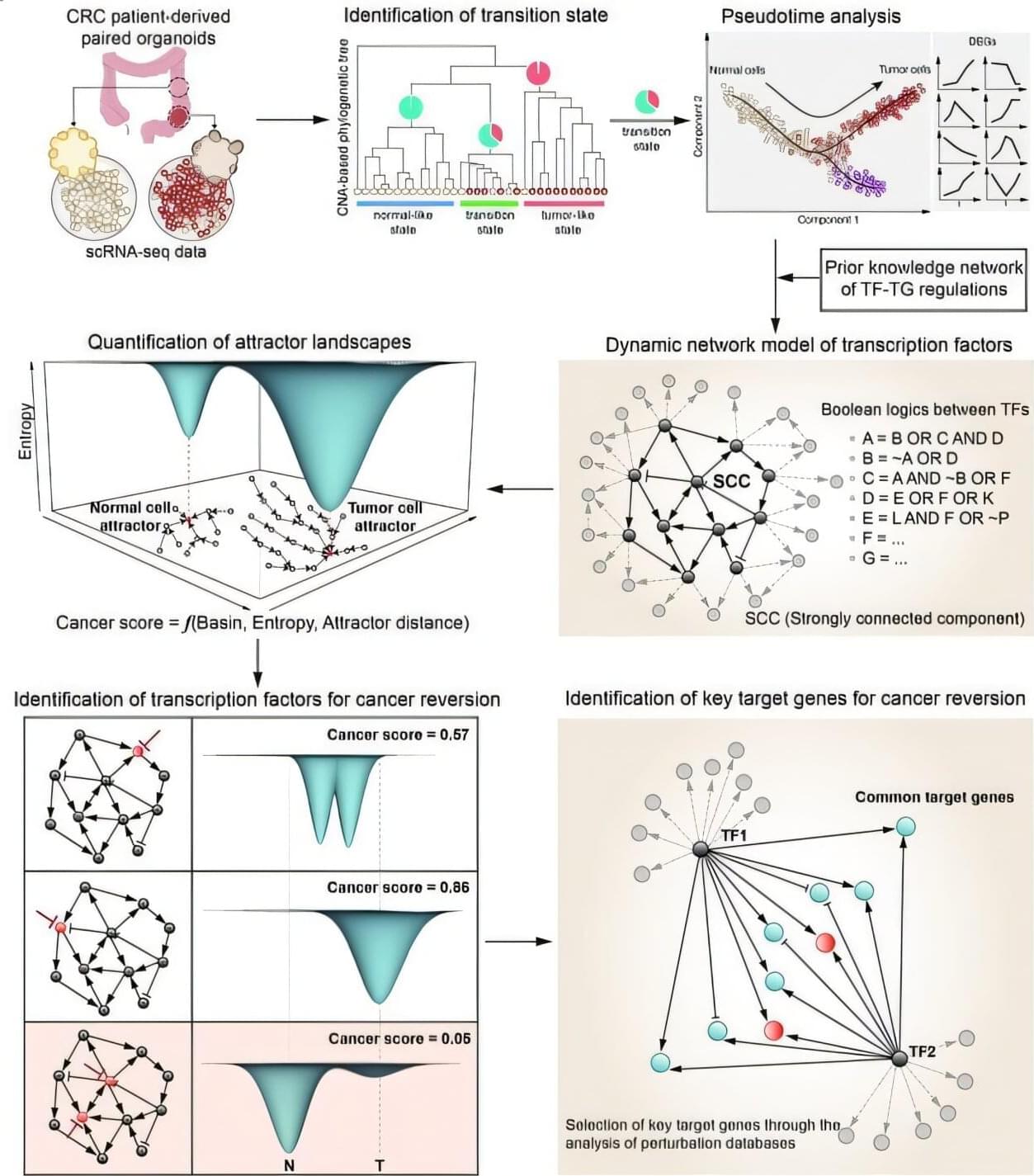
Professor Kwang-Hyun Cho’s research team of the Department of Bio and Brain Engineering at KAIST has captured the critical transition phenomenon at the moment when normal cells change into cancer cells and analyzed it to discover a molecular switch hidden in the genetic network that can revert cancer cells back into normal cells.
The team’s findings are published in the journal Advanced Science.
A critical transition is a phenomenon in which a sudden change in state occurs at a specific point in time, like water changing into steam at 100℃. This critical transition phenomenon also occurs in the process in which normal cells change into cancer cells at a specific point in time due to the accumulation of genetic and epigenetic changes.
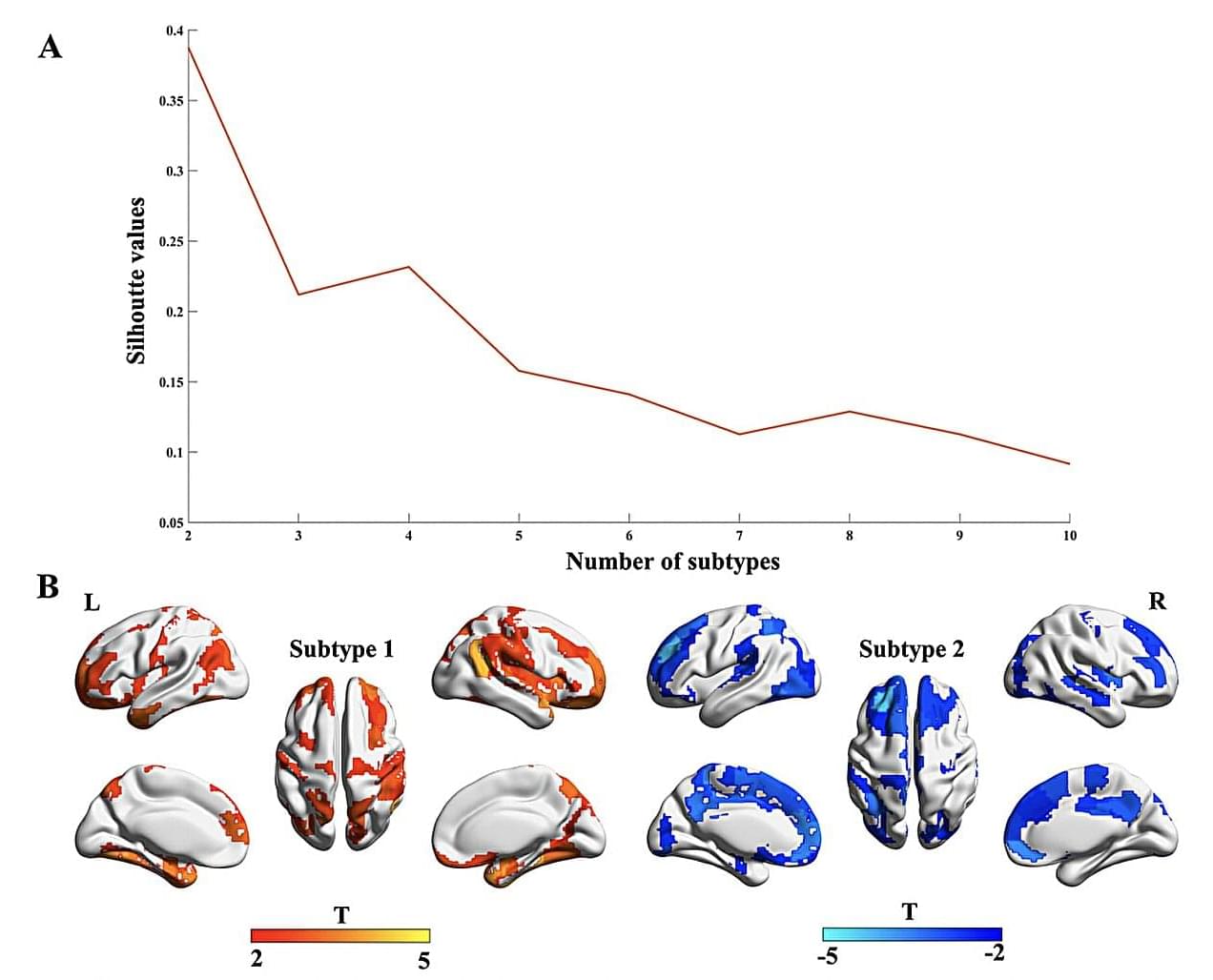
Obsessive compulsive disorder (OCD) is a mental health disorder associated with persistent, intrusive thoughts (i.e., obsessions), accompanied by repetitive behaviors (i.e., compulsions) aimed at reducing the anxiety arising from obsessions. Past studies have showed that people diagnosed with OCD can present symptoms that vary significantly, as well as distinct brain abnormalities.
A team of researchers at the First Affiliated Hospital of Zhengzhou University recently carried out a study aimed at further exploring the well-documented differences among patients with OCD. Their findings, published in Translational Psychiatry, allowed them to identify two broad OCD subtypes, which are associated with different patterns in gray matter volumes and disease epicenters.
“OCD is a highly heterogeneous disorder, with notable variations among cases in structural brain abnormalities,” wrote Baohong Wen, Keke Fang and their colleagues in their paper. “To address this heterogeneity, our study aimed to delineate OCD subtypes based on individualized gray matter morphological differences.”
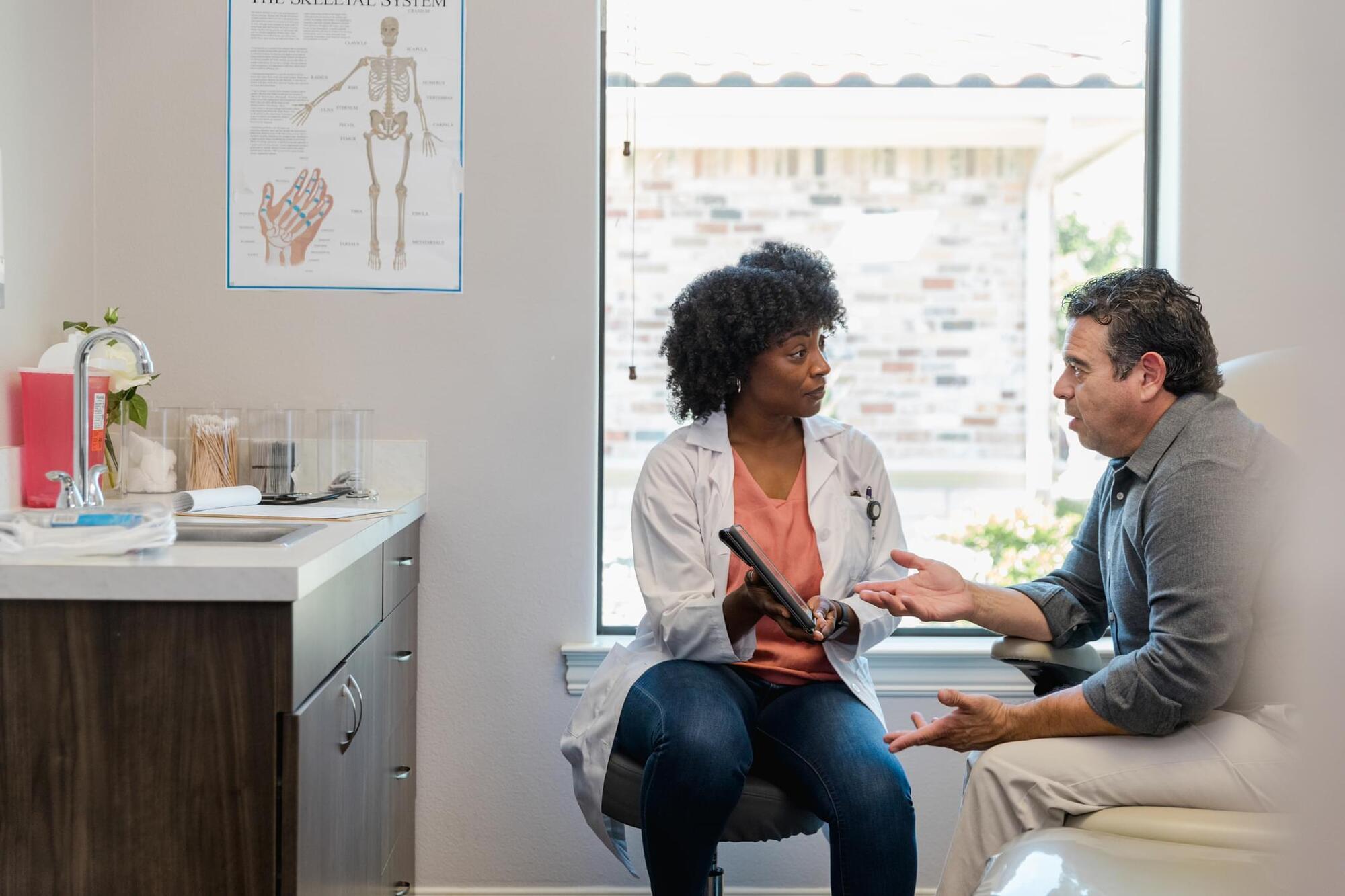
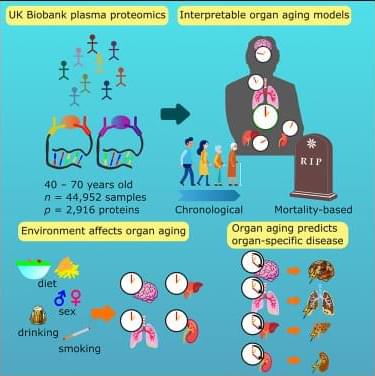
This study develops organ-specific aging models using blood proteomics data from 53,000 UK Biobank participants. These models predict organ-specific diseases and risk of death and reveal that chronic diseases reflect faster aging in specific organs. Different lifestyles affect organ aging differently.
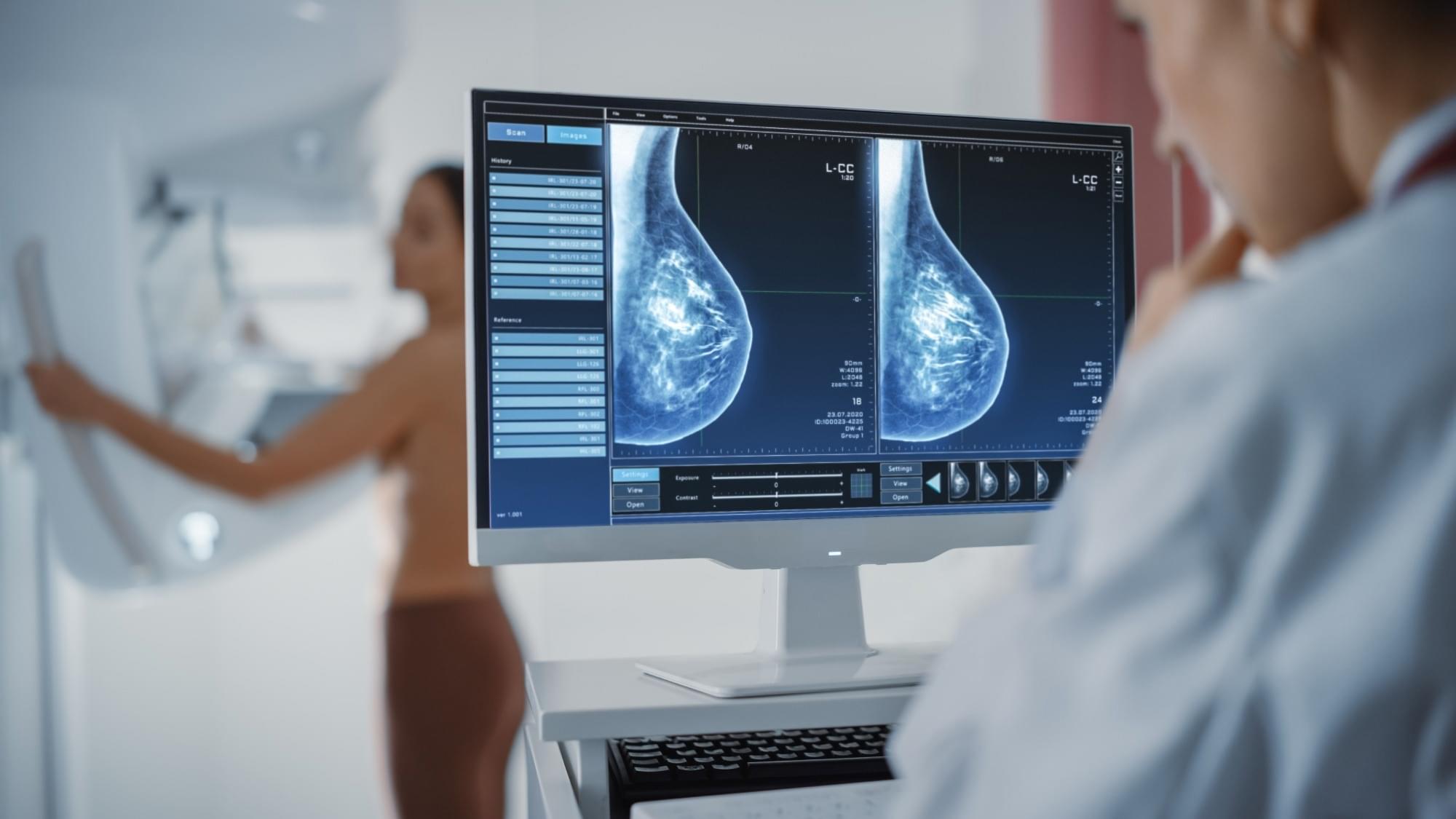
A few prospective studies have suggested that AI use in mammography screening increases cancer detection. However, cancer detection supported with AI should not predominately identify indolent cancers or occur at the expense of more false positives; instead, AI usage should increase the detection of clinically relevant cancers.
About the study
In the present study, researchers assessed the performance of cancer screening measures in the MASAI trial. The trial was designed to compare AI-supported mammography screening with standard double-reading.
Revolutionizing the fight against brain cancers — dr. thomas chen MD, phd, FAANS, — CEO/CSO, neonc technologies holdings inc.
Dr. Thomas Chen, MD, Ph.D. is Founder, CEO & CSO, and Board Director, of NeOnc Technologies (https://neonc.com/), a developer of a proprietary, patented platform technology that can potentially transport pharma-based therapeutics directly to the brain without the normal boundary restrictions imposed by the body’s Blood-Brain Barrier (BBB), providing patients with potentially more effective treatments.
NeOnc is developing a portfolio of treatments for brain cancer and other central nervous system (CNS) disorders.
Dr. Chen is a board-certified neurosurgeon and the Director of Surgical Neuro-Oncology at USC where he is also a tenured Professor of Neurosurgery and Pathology (https://keck.usc.edu/faculty-search/thomas-c-chen/).
Dr. Chen graduated summa cum laude from the University of Illinois at Urbana-Champaign, where he also received Bronze Tablet honors and was inducted into the Phi Beta Kappa national academic honor society. He attended the University of California, San Francisco, where he obtained his MD, and was inducted into the Alpha Omega Alpha National Medical Honor Society. He underwent neurosurgery training at USC and obtained a Ph.D. degree in pathobiology where his thesis was on the role of immunotherapy in malignant brain tumors.

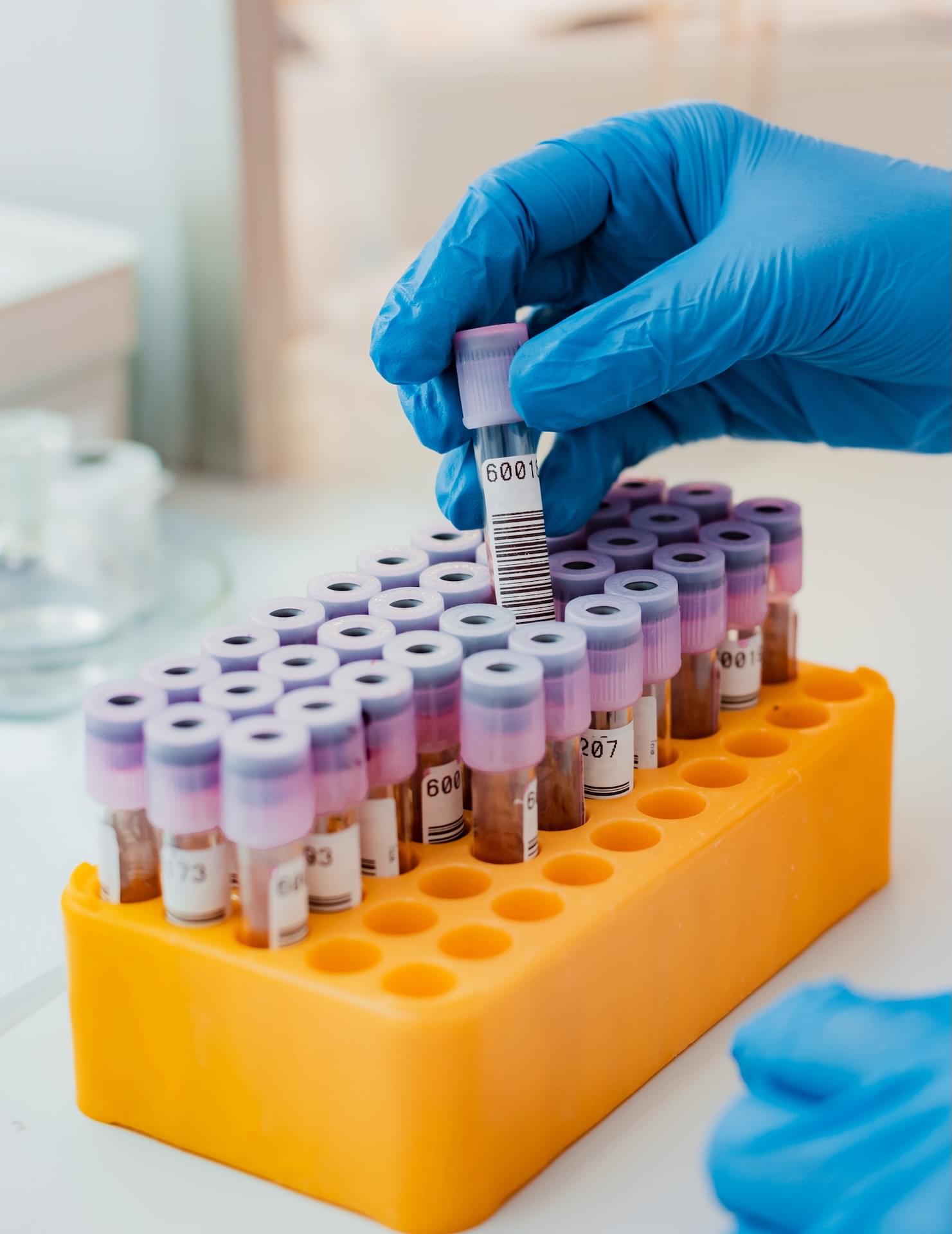
By Nina Bai
Stanford Medicine is the first to offer the new blood test for mold infections deep inside the body, sparing patients from tissue biopsies.